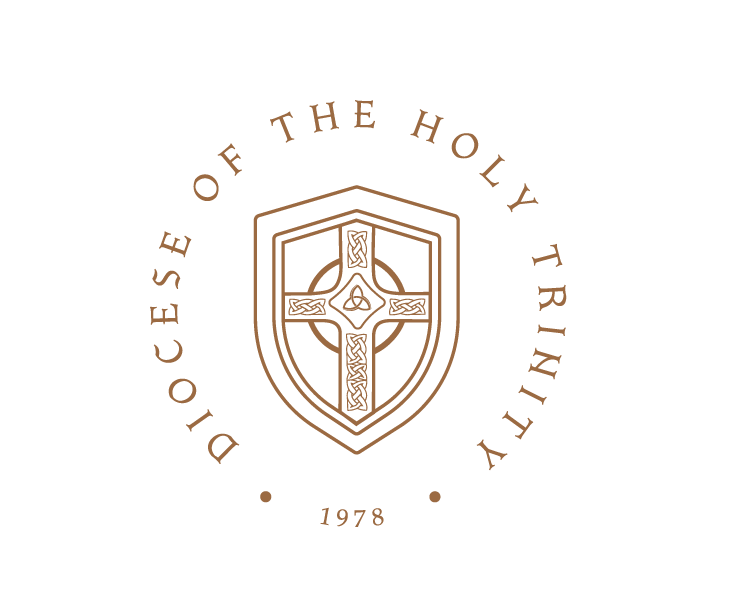Fight the Good Fight
St Paul writes in 1Timothy 6:12, "Fight the good fight of faith, lay hold on eternal life." A fight only makes sense if there is an enemy to fight against. In the Christian life we fight against what are called the “enemies of the soul.” These are the world, the flesh, and the devil. This battle is rooted in the promise of our baptism. In baptism, we sign the baptized with the sign of the cross,
In token that hereafter he [or she] shall not be ashamed to confess the faith of Christ crucified and manfully to fight under his banner against the world, the flesh, and the devil, and to continue Christ’s faithful soldier and servant unto his [or her] life’s end (BCP 280).
One temptation in the life of faith is to fight the wrong battle—to misidentify the enemy. Ephesians points to the potential for misidentification when it says, “We do not wrestle against flesh and blood, but against principalities, against powers” (Eph. 6:12). It is easy to view a visible “flesh and blood” adversary as the main enemy and, as a result, be blind to the spiritual battle taking place beneath the surface of that visible battle.
There are many causes to fight for in the world. There are battles in politics, at work, at home, and even in our leisure spaces. The danger in misidentification is that we will fight for some temporal, visible cause in such a way that it will lead us into sin. For example, if we fight for a cause in such way that it leads us into the deadly sin of anger or into the slander of another person, then we have allowed the enemies of the soul—the world, the flesh, and the devil—to use the flesh and blood battle to move us away from the kingdom of God.
This does not mean that Christians should not engage important issues. It is our vocation to be witnesses for Christ in the world. This includes being witnesses in the tensioned spaces of life. However, to fulfill our vocation we must engage issues in the world as citizens of the kingdom of God and ambassadors for Christ. For the Bible teaches us that we are resident aliens in the world (1 Pet. 2:11-12).
Our witness is more than the content of our opinions. It is also our manner of expressing them. Our witness requires respect for others, especially those we disagree with. They bear God’s image also. Our witness requires us to listen as well as speak; to cultivate real conversations and not just heated arguments in which neither person hears the other. Our witness for Christ is undermined when we become unprincipled and angry combatants for merely temporal goals. It amounts to selling our inheritance for a pot of stew (cf. Gen 25:30-34). As Jesus said, “What will it profit a man if he gains the whole world, and loses his own soul?” (Mk. 8:36).
The temptation to misidentify the enemy is fueled by the lies that the temporal battle can be won, that this world is perfectible, and that there is something called happiness or fulfilment to be found in merely temporal things. Authentic Christian witness in any arena of life requires that we be free from the need to accomplish any temporal goal. This is the virtue of detachment (cf. Matt. 6:33). As long as we need some temporal result, we will be tempted to confuse a temporal goal with the eternal one. That is the root of moral compromise.
As we bring the Lenten fast to a conclusion with self-examination and a good confession, it is a good time to ask: “What are we fighting for?” Is some temporal battle looming larger in our lives than the good fight of faith? We must remember that our Lord died as a complete failure in the temporal battle. This death to all worldly hopes and dreams is the foundation for Easter, the Resurrection, and new life in the kingdom of God. This is the experience of our baptism that we renew in Holy Week and Easter. As Romans says, “Therefore we were buried with Him through baptism into death, that just as Christ was raised from the dead by the glory of the Father, even so we also should walk in newness of life” (Rom. 6:4).
As 1 Timothy says, “Pursue righteousness, godliness, faith, love, patience, gentleness. Fight the good fight of faith, lay hold on eternal life” (1 Tim. 6:11-12).

